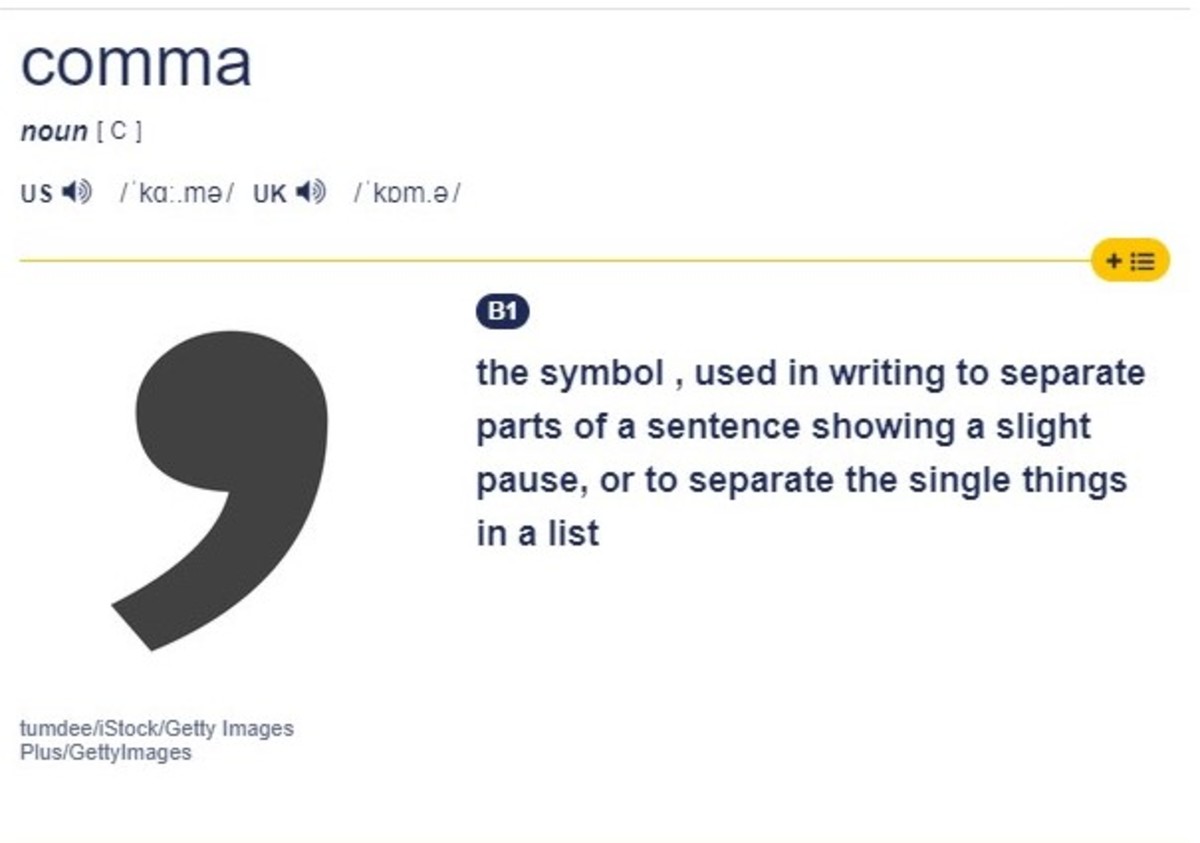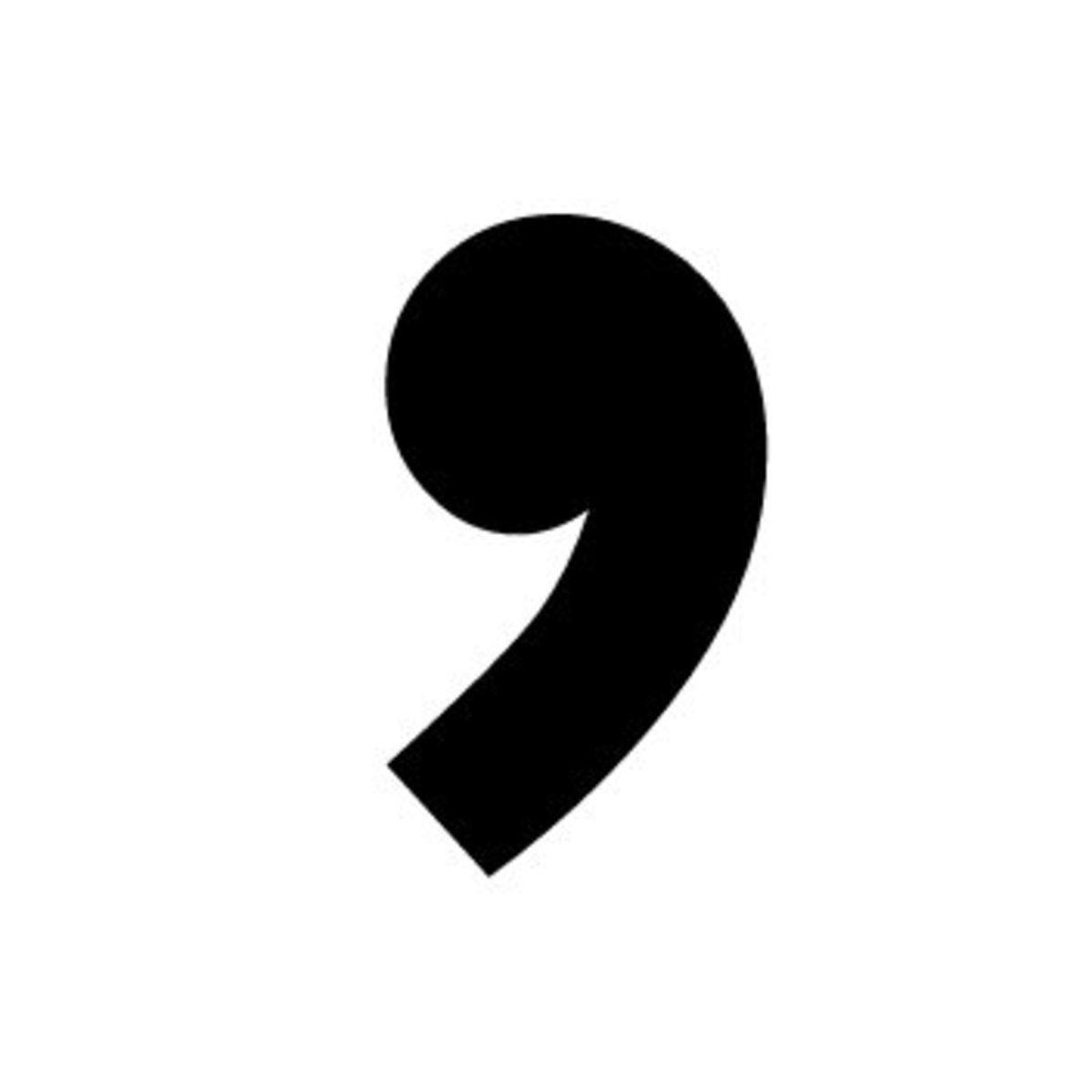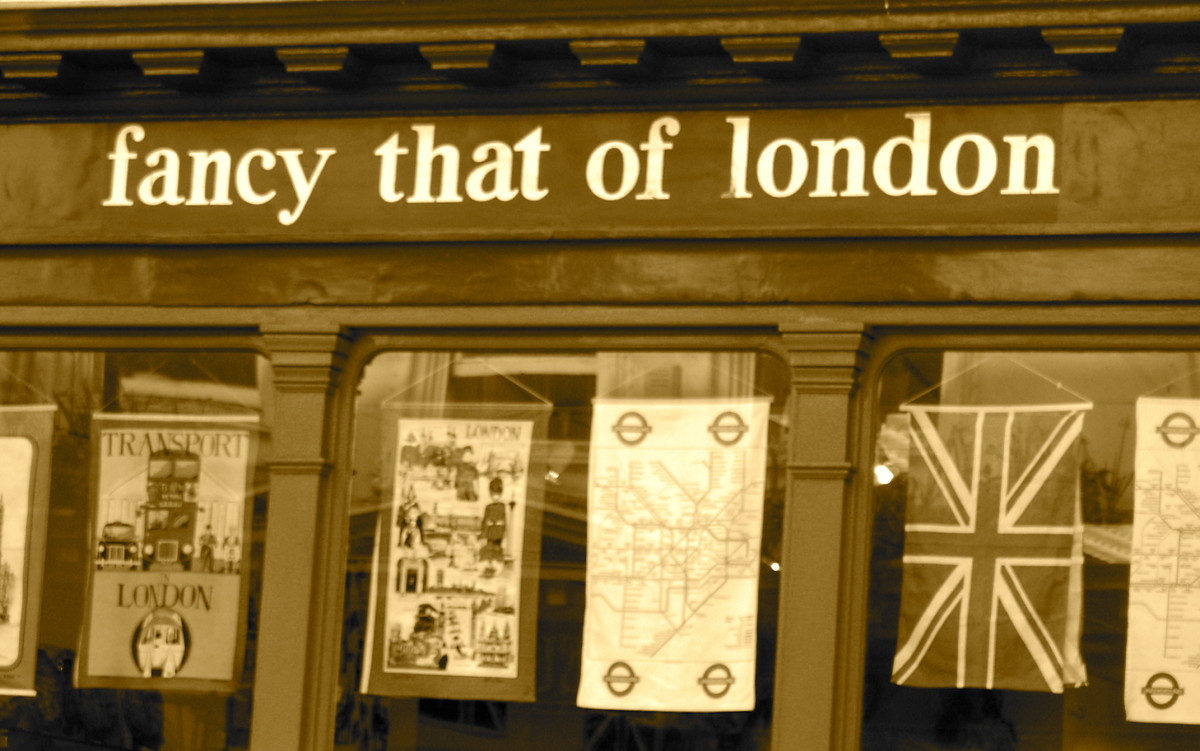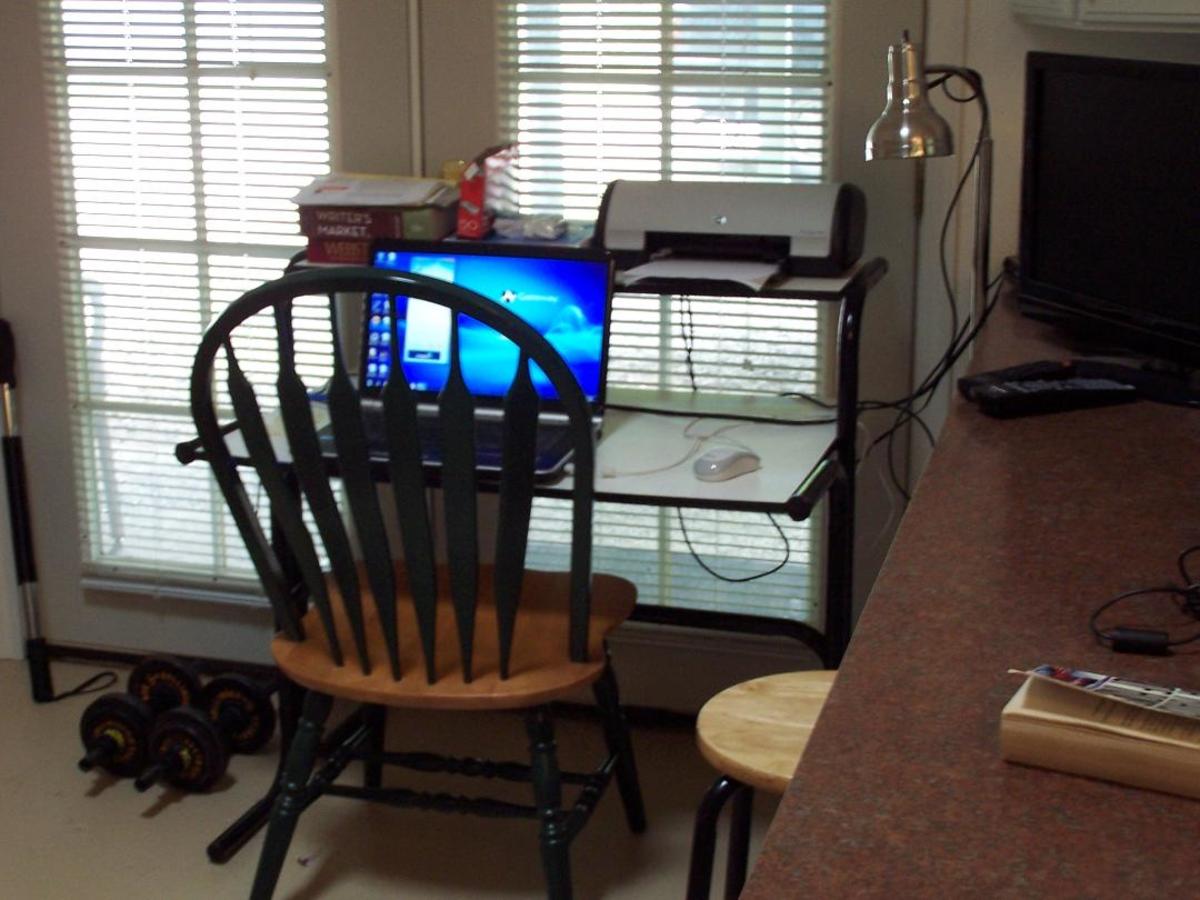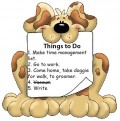The Hyphen: Don't Abandon Me! (punctuation Pt 2).
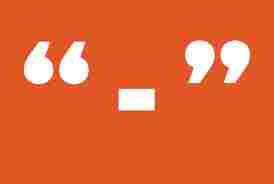
This Little Chap Can Make a World of Difference!
Words beginning with "Hy" always engender a frisson of excitement in this wordsmith. Like "hydrophobia," much more colourful and descriptive than the prosaic rabies. Or "hydrofoil," skimming across the waves and 'foiling the action of the currents and waves. Or, may I? “hymen,” the last barrier between frustrated youth and paradise (Ah! you romantic!).
So hyphen has a head start (head-start?) with me. Yet this mild method of tying two separate words together, etc., with a dash - if not with outright élan - has roused men of letters and others into fury.
Winston Churchill said hyphens were a “blemish and to be avoided wherever possible.” What one had actually done to him is unclear. Even the august Oxford University Press of New York was seen to grumble in an old edition, “If you take hyphens seriously, you will surely go mad!” Incredible.
Many find hyphens indispensable. I use them all the time, rightly or wrongly. Often, they are mandatory in pinning-down (ahem) the meaning of a sentence and phrase. How about “little used car?” Was the car tiny, or not used much, the hyphen makes this clear. (little-used car).
“soused herring seller,” Was he pissed as a parrot or merely going about his business flogging fish as usual? (soused-herring seller) And the 15-odd members of the Labour cabinet would certainly be a bit whacky if the description lost its protective hyphen. (15 odd members...etc.).
Most of these “hy” or “hyph” words come from the Greek. This race was undoubtedly the father of punctuation.
Hyphens have other uses, one being they separate into two manageable chunks words that would be clumsy and puzzling to pronounce without them, such as “coattail” (coat-tail), or “cufflinks,” “cuff-links.” (written both ways).
Not only is the use of hyphens useful and tidy, it adds to the attraction of prose and also makes its way into speech as well. You don’t say “coattails,” when you speak, but “coat...tails,” with a slight break to fully describe what you mean as well as assure the listener you damn well knew the word had two “T’s” in it.
(perish the thought that in modern-speak, the “T” sound has been practically eliminated (“eliminaDed”). As has so much else...innit, raht?
But let’s not get away from the poor old hyphen just yet.
Writers such as Joyce must have hated the hyphen like a devil’s curse. Perhaps he was writing for today’s youth when he ran words together, unpunctuated or even separated by any white space. “snotgreen,” and “”scrotumtightening,” are two picturesque examples.
Try telling a young person on the telephone what a double-barrelled name is, if you are unfortunate, like me, in having one. I only use it because it is de rigueur in Latin America where I lived for many years: both your father’s and mother’s surnames are commonly used; my name, Robert Challen-Mercer, actually sprung from this usage and is not really double-barrelled at all. I added the “de” (Robert Challen de Mercer) to help, but have been described as Robert Challen D Mercer ever since. I gave up, more or less, when I received a letter from one of the morons addressed to “Robert Challen Hyphen.“ Sorry to bore you with that, and I am unspamable (un-spam-able?) should anyone have the idea of mailing me from Nigeria about millions waiting to be paid to me, insisting I lengthen my Johnson, or requesting details of various bank accounts. I don’t need the money, give it to the starving kids in your crap country; I have a sufficiency, and I don’t own a bank account...so there!
Many words are lost completely without their hyphen permanently attached, such as “co-respondent,” “re-formed,” and “re-mark.” As you can see, they change their meaning completely when the hyphen is removed. I mean, rock bands often “re-form” but perhaps are less often “reformed.” And their audience would be a “cross-section” of the public, unless they performed badly, when they would be the “cross section” of the public.
Numbers should use hyphens when being spelled out (common mistake). “She’s twenty-one today.” With nouns and nouns, “Heathrow-Kennedy” flight. With adjectives to adjective, “American-British” relations have suffered recently. I don’t know why, but there is a shorter hyphen available to he publishing industry called the “en-rule,” not on our keyboards to my knowledge.
Noun qualifying phrases, such as “wrought-iron table,” takes a hyphen, “solid-silver pendant.” The bus leaves at 10 o’clock, but is the “ten-o’clock bus.”
Many prefixes not mentioned so far require hyphens, “un-British,” anti-apartheid,” “quasi-legal.”
Spelling out words for any reason such as emphasis takes a hyphen , although it’s hard to think off-hand when this might be really necessary...”E-N-G-L-A-N-D.”
Even those authors striving to create new single words from those traditionally separated will have trouble without the hyphen in many cases, such as “de-icer,” deicer. “shell-like,” shelllike!”
Reaching the end of the page and continuing a word onto the next line is less of a problem with computers which sort the thing out automatically. The hyphen traditionally took care of this by allowing the hyphen to care for both parts of any long word. It was a task previously, as the word needed splitting in a logical place to avoid things like “painstaking” becoming “pain-staking,” rather than “pains-taking.”
Stammerers have their own special use of the hyphen allotted to them in speech. Many might not be too enthused as they read they “w-w-w-wanted t-t-t-to learn t-t-t-to hyphenate p-p-p-properly!”
Why on Earth so many erudite folk and publications are constantly clamouring for the erasure of this poor little chap, the hyphen, I cannot say.
Both Fowler’s Modern English Usage and the Oxford Dictionary of English (2003) indicate that is should be less used and might be heading for extinction.
I mean, yes, we are all sometimes confused about when or not to use a hyphen..I am of the “when in doubt, shove one in” brigade. Words or phrases are much less hurt and changed by the inclusion of a hyphen than they are when one absolutely should have been used and leaving it out changed the whole meaning of the word (as we have seen herein, (not “here-in,” for some obscure reason).
We have by far the most complex language in wide, general use on the whole planet. Nobody ever learns to speak or write it absolutely correctly (double adverb? Bad!?). No one spending their formative years in some other. non-English-speaking country has a hope of really becoming bi-lingual in English...or completely conversant with the slippery hyphen, but good luck trying!
I had some help with this article from “Eats, Shoots and Leaves,” by Lynne Truss. Fantastic little tome on puntuation if you want to go into this painful subject in-depth. Ha!

